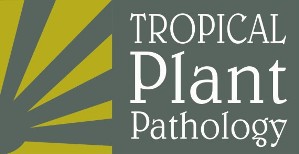Recently the São Paulo state government mitigated its citrus canker eradication methodology adopted since 1999. In April 2009 at least 99.8% of commercial sweet orange orchards were free of citrus canker in São Paulo state. Consequently the mitigation of the eradication methodology reduced the high level of safety and the competitiveness of the citrus production sector in São Paulo state, Brazil. Therefore we suggest the re-adoption of the same eradication methodology of citrus canker adopted in São Paulo from 1999 to 2009, or the adoption of a new methodology, effective for citrus canker suppression, because in new sample surveys citrus canker was detected in >0.36% of affected orchards. This incidence threshold was calculated by using the Duncan test (P<0.05) to compare the yearly sample surveys conducted in São Paulo state to estimate citrus canker incidence between 1999 and 2009. The calculated minimum significant level was 0.28% among sample surveys and the lowest citrus canker incidence in São Paulo state was 0.08%, occurring in 2001. Thus, as an alternative, we suggest the adoption of a new eradication methodology for citrus canker suppression when a new sample survey detected >0.36% of affected orchards in São Paulo state, Brazil.
Xanthomonas citri subsp. citri; phytosanitary defense; citrus

